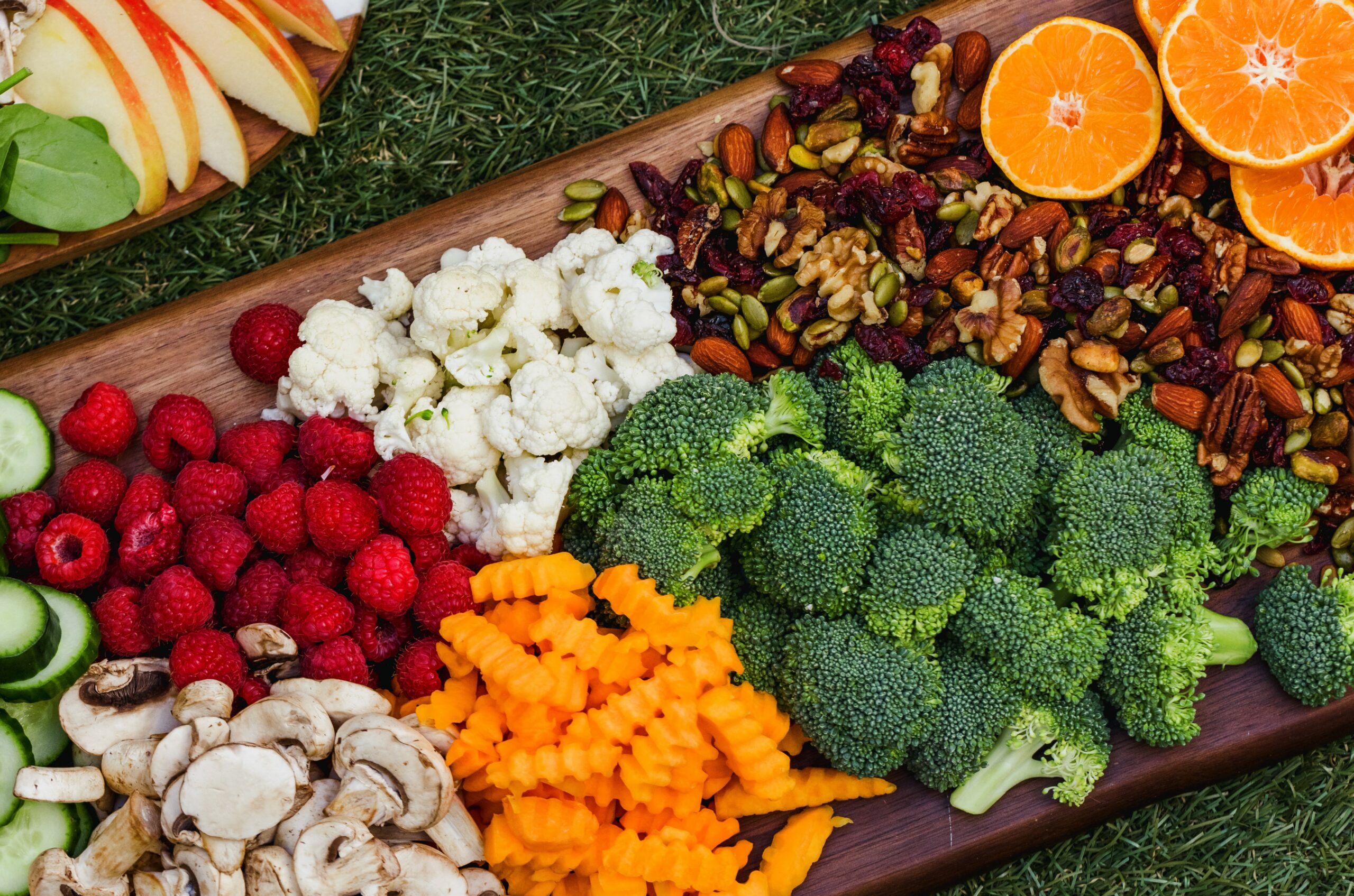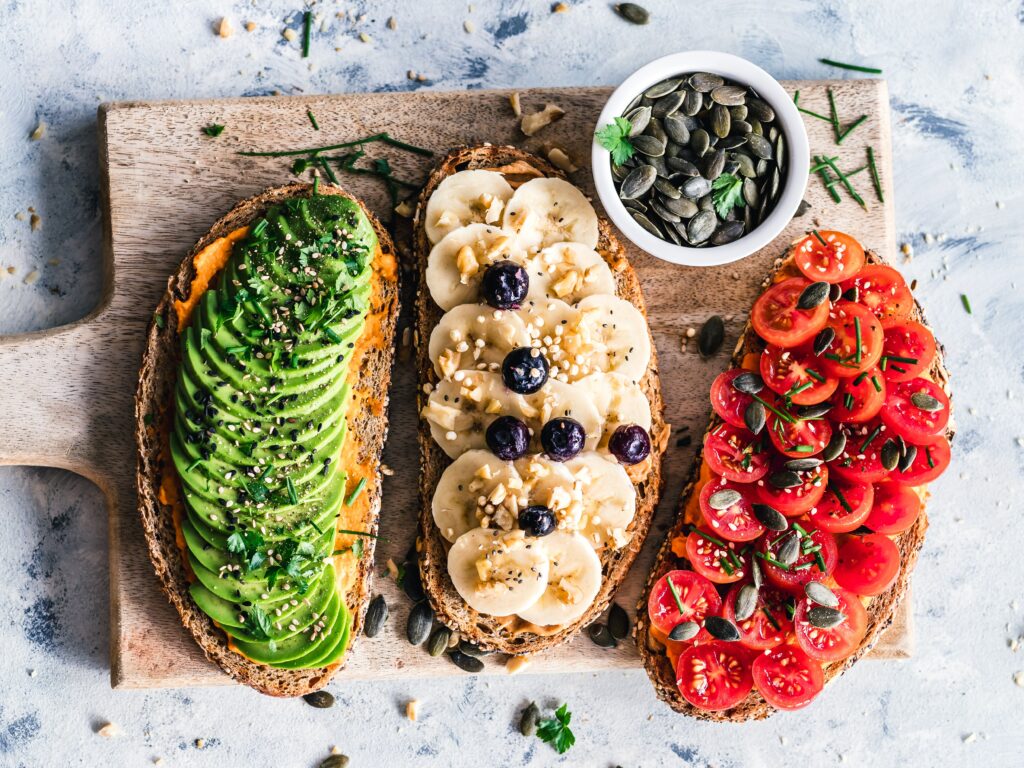Want to know the difference between vegan, vegetarian, & plant-based diets? Here's a simple guide.

With terms like vegan, vegetarian, and plant-based, it can be tough to know where to start. But don't worry, I'm here to help! This guide will give you a clear understanding of each type of diet so you can choose the one that's perfect for you.
Veganism
Veganism is not just a dietary choice, it's a lifestyle. It seeks to exclude the use of animals for food, clothing, or any other purpose. This means vegans avoid meat, dairy products, eggs, honey, and any other animal-derived ingredients. They also tend to avoid products that are tested on animals, leather goods, and products made from silk, wool, or any other animal-derived materials.
For vegans, the avoidance of animal products is a moral, ethical, and environmental choice. They believe that all living beings have the right to be free from harm, exploitation, and suffering. As such, they choose not to participate in any practices that exploit animals, including the consumption of animal products.
What Do Vegans Eat?
A vegan diet consists of whole foods such as fruits, vegetables, grains, legumes, nuts, and seeds. Veganism excludes all animal products, including meat, poultry, fish, dairy, eggs, and honey. As limiting as that may sound, there are is a massive variety of plant-based alternatives to choose from. Some alternatives include almond milk (my favorite!), oat milk, tofu, nutritional yeast, and so much more!

Vegetarianism
Vegetarianism shares the same core values as veganism, but it's not as strict. Similar to vegans, their diet contains a variety of plant-based foods. Vegetarians avoid eating meat, poultry, and fish, but they may consume dairy products, eggs, and honey. They can also use plant-based substitutes like tempeh and veggie patties.
There are different types of vegetarianism, including:
- Lacto-ovo-vegetarianism: This is the most common type of vegetarianism. Lacto-ovo vegetarians consume dairy products and eggs, but avoid meat, poultry, and fish.
- Lacto-vegetarianism: This type of vegetarianism allows for dairy products but excludes eggs.
- Ovo-vegetarianism: This type of vegetarianism allows for eggs but excludes dairy products.

Plant-Based Diets
Plant-based diets focus on foods derived from plants, similar to veganism and vegetarianism. However, they offer a more flexibility with the consumption of animal products in moderation. Many who choose this diet eat this way for health or personal reasons, not always for ethical or moral ones like vegans or vegetarians. That's what makes it a great option for me. I can't have dairy and choose not to eat meat, but still enjoy a touch of honey here and there. So, my diet remains centered around delicious and nutritious plant-based foods. It's a win-win for me!
Believe it or not, I wasn't always plant-based. In the past, I gave veganism a shot but found that it just wasn't a good fit for me. As much as I loved the recipes, I loved to wear my UGGs, too. Before I tried veganism, I was a vegetarian for years and ate dairy without realizing it was causing me painful cystic acne. So, I switched to a plant-based diet and it's been way better for me. I can consume some animal-derived products in moderation, like mayo on my favorite elote—grilled Mexican street corn!
And if you're new to plant-based eating, don't worry! I've got an extensive guide to help make the switch a breeze. Whether it's for health, the environment, or anything else, plant-based eating can be a great choice.
Final Thoughts
At the end of the day, it's all about finding a balance that works for you and your lifestyle. Whether you decide to become vegan, vegetarian, or plant-based, you should always consult with a doctor first. Your personal health should always be a top priority and should be considered first and foremost.
Overall, each diet has its own unique characteristics and restrictions. Firstly, veganism is the strictest of the three diets and eliminates all animal products, including meat, poultry, fish, dairy, eggs, and honey. Secondly, vegetarianism allows for some animal products, such as dairy and eggs, but still avoids meat, poultry, and fish. And lastly, plant-based diets focus on mostly consuming foods derived from plants, but may allow for some animal products in moderation.
When deciding which diet is right for you, it's important to consider your personal values, health goals, and lifestyle. Whether you're looking to reduce harm to animals and the environment, improve your health, or simply enjoy a variety of plant-based foods, there is a diet that's right for you.
So, there you have it! A simple guide to the differences between vegan, vegetarian, and plant-based eating. Remember, the most important thing is to find works for you and helps you feel your best.
Happy Eating!
With Love,


